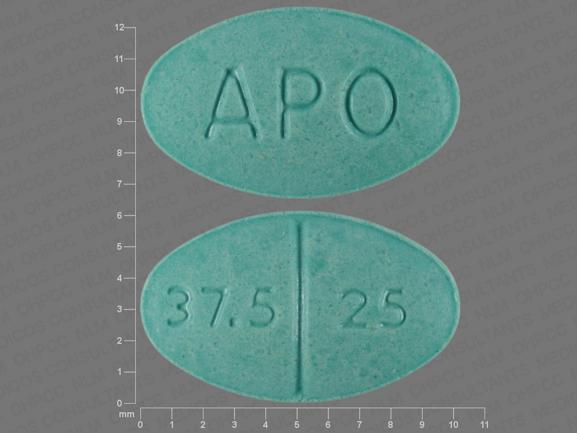Hydrochlorothiazide / Triamterene Dosage
Medically reviewed by Drugs.com. Last updated on Aug 4, 2023.
Applies to the following strengths: 50 mg-75 mg; 25 mg-37.5 mg; 25 mg-50 mg
Usual Adult Dose for:
Additional dosage information:
Usual Adult Dose for Edema
Hydrochlorothiazide 25 to 50 mg-Triamterene 37.5 to 100 mg orally once a day
Comments:
- Patients who become hypokalemic on 50 mg of hydrochlorothiazide may be transferred directly to hydrochlorothiazide 50 mg-triamterene 75 mg orally once a day. Patients who become hypokalemic on 25 mg of hydrochlorothiazide may be transferred directly to hydrochlorothiazide 25 mg-triamterene 37.5 mg orally once a day.
- Patients in whom hypokalemia cannot be risked may be initiated on hydrochlorothiazide 25 mg-triamterene 37.5 mg orally once a day.
Uses:
- Treatment of hypertension or edema in patients who develop hypokalemia on hydrochlorothiazide alone.
- Initial therapy of hypertension or edema for patients in whom hypokalemia cannot be risked (e.g., patients on concomitant digitalis preparations or with a history of cardiac arrhythmias, etc.).
Usual Adult Dose for Hypertension
Hydrochlorothiazide 25 to 50 mg-Triamterene 37.5 to 100 mg orally once a day
Comments:
- Patients who become hypokalemic on 50 mg of hydrochlorothiazide may be transferred directly to hydrochlorothiazide 50 mg-triamterene 75 mg orally once a day. Patients who become hypokalemic on 25 mg of hydrochlorothiazide may be transferred directly to hydrochlorothiazide 25 mg-triamterene 37.5 mg orally once a day.
- Patients in whom hypokalemia cannot be risked may be initiated on hydrochlorothiazide 25 mg-triamterene 37.5 mg orally once a day.
Uses:
- Treatment of hypertension or edema in patients who develop hypokalemia on hydrochlorothiazide alone.
- Initial therapy of hypertension or edema for patients in whom hypokalemia cannot be risked (e.g., patients on concomitant digitalis preparations or with a history of cardiac arrhythmias, etc.).
Renal Dose Adjustments
Contraindicated in patients with anuria, acute and chronic renal insufficiency, or significant renal impairment.
Liver Dose Adjustments
Use with caution
Precautions
US BOXED WARNING:
- HYPERKALEMIA: Abnormal elevation of serum potassium levels (greater than or equal to 5.5 mEq/L) can occur with all potassium-conserving diuretic combinations, including this product. Hyperkalemia is more likely to occur in patients with renal impairment, diabetes (even without evidence of renal impairment), or elderly or severely ill patients. Since uncorrected hyperkalemia may be fatal, serum potassium levels must be monitored at frequent intervals especially during initiation or dose changes of this drug or with any illness that may influence renal function.
Safety and efficacy have not been established in patients younger than 18 years.
Consult WARNINGS section for additional precautions.
Dialysis
Data not available
Other Comments
Monitoring:
- Metabolic: Serum electrolytes, frequently
- Renal: BUN and creatinine, periodically
More about hydrochlorothiazide / triamterene
- Check interactions
- Compare alternatives
- Pricing & coupons
- Reviews (69)
- Drug images
- Side effects
- During pregnancy
- Drug class: potassium sparing diuretics with thiazides
- En español
Patient resources
- Hydrochlorothiazide and triamterene drug information
- Triamterene and hydrochlorothiazide (Advanced Reading)
Other brands
Professional resources
- Triamterene and Hydrochlorothiazide prescribing information
- Triamterene and Hydrochlorothiazide Capsules (FDA)
Other brands
Related treatment guides
Further information
Always consult your healthcare provider to ensure the information displayed on this page applies to your personal circumstances.

